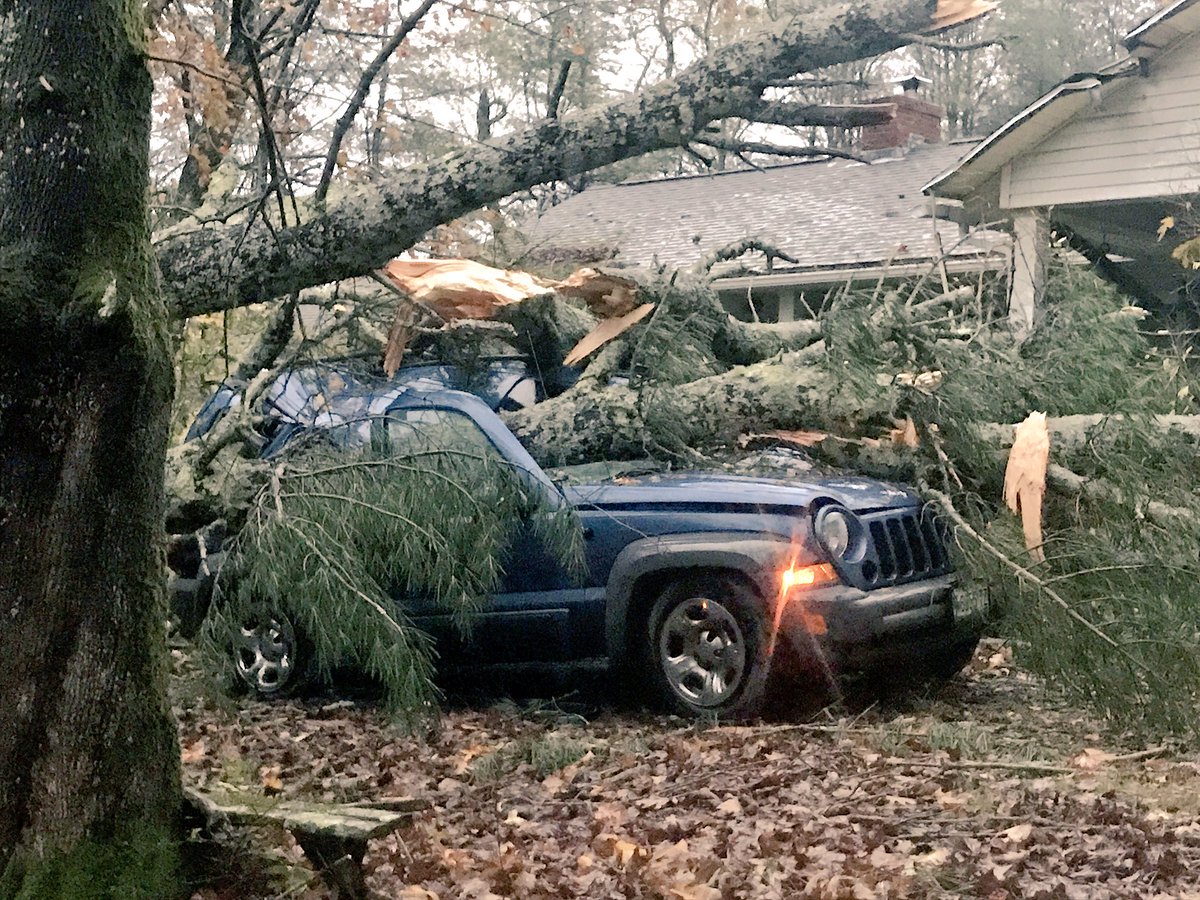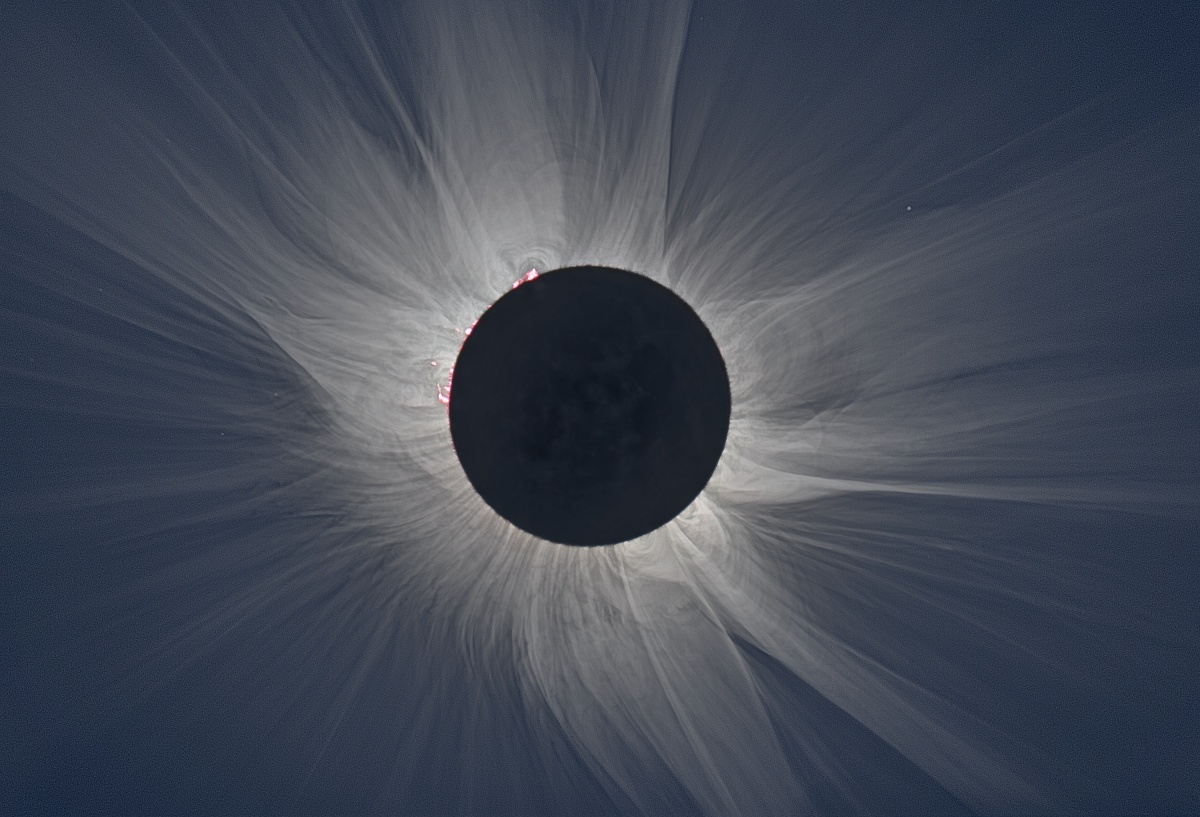There's been some controversy in recent months within this little community at the end of the road. My interest was piqued last year with a large headline in the Brunswick Times Record, "Beach Pilings Trigger Uproar". The issue centers around the remnants of an old pier, which were constructed in the late 1800s by the Eastern Steamship Company. At that time, vacationers would come from Boston for fresh air, and working husbands would see the family on weekends. Popham was a thriving summer community then but recently seems to have suffered some hard times. Popham Beach has a long history of shifting sands, so the natural changes are a given way of life in the area. However, the human changes are more pronounced in recent years.
The owners of businesses have aged, and family priorities have emerged as this little spot at the end of the road has shifted. People are driving in for the day and less inclined to stay overnight unless it's in a cottage they've rented from Saturday to Saturday. In 2009, a wealthy investor purchased the Beach's historic life-saving station and some adjacent houses, now reportedly surrounded by a tall white fence. Last year, a longstanding campground was sold to a Massachusetts developer who constructed a large main house and multiple condominiums on the property. In some ways, the transitions have occurred are another reflection of the tension between the "way we live here" and those "fancy people from away." It seems to be a familiar refrain in this place and point in time.
The controversy escalated over the past year as a wealthy construction magnate and his wife bought a property that overlooked the old pier, now weathered stumps of wood pounded into the sand, and started to secure the permits needed to remove them. A Facebook group erupted in indignation. People got organized, talked strategy and some made accusations. The magnate commissioned an engineering report that validated his suspicions, went through the permitting process, and was approved a couple of weeks ago. A crane on a barge will come in to shake them loose and remove them, and that part of history will disappear except for photos and memories.
As I walked, I reflected on the past. There are moments in all of our lives that we hope will fade, those times when we were rash, or argued poorly, or just didn't react well. For our personal histories, we should mourn the losses, and acknowledge the times when we regret what happened, and then move on.
One can only trust in the process of rebuilding in whatever new context will evolve to replace a void. The discomfort in the immediate aftermath of change is the hardest part. Time does heal.
 |
| Lighthouseguy.com |
The owners of businesses have aged, and family priorities have emerged as this little spot at the end of the road has shifted. People are driving in for the day and less inclined to stay overnight unless it's in a cottage they've rented from Saturday to Saturday. In 2009, a wealthy investor purchased the Beach's historic life-saving station and some adjacent houses, now reportedly surrounded by a tall white fence. Last year, a longstanding campground was sold to a Massachusetts developer who constructed a large main house and multiple condominiums on the property. In some ways, the transitions have occurred are another reflection of the tension between the "way we live here" and those "fancy people from away." It seems to be a familiar refrain in this place and point in time.
The controversy escalated over the past year as a wealthy construction magnate and his wife bought a property that overlooked the old pier, now weathered stumps of wood pounded into the sand, and started to secure the permits needed to remove them. A Facebook group erupted in indignation. People got organized, talked strategy and some made accusations. The magnate commissioned an engineering report that validated his suspicions, went through the permitting process, and was approved a couple of weeks ago. A crane on a barge will come in to shake them loose and remove them, and that part of history will disappear except for photos and memories.
 |
| Courtesy of Bill Hanley | Bangor Daily News |
One can only trust in the process of rebuilding in whatever new context will evolve to replace a void. The discomfort in the immediate aftermath of change is the hardest part. Time does heal.























